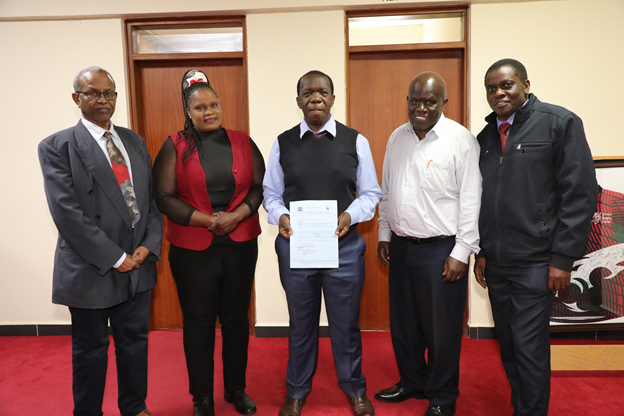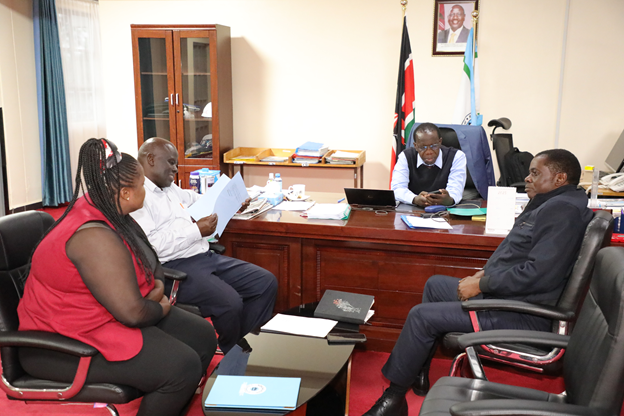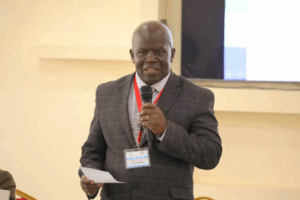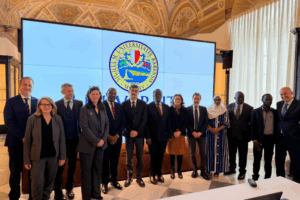
National Land Commission Grants MMUST 7.6 Hectares of Land in Webuye for Educational and Environmental Advancement
In execution of the Kenya Land ACT 2012, the National Land Commission has granted Masinde Muliro University of Science and Technology 7.6 hectares of land in Webuye Municipality, Bungoma County. The land parcel, ‘Webuye Municipality Block 3/54’, shall be used for educational purposes and environmental advancement. This valuable asset was bequeathed to the University, following a formal request on 7th October, 2024, seeking ownership documents for the land to support institutional growth. The Commission approved the request under sections 15,16,17 and 18 of the land Act, 2012 and directed that a reservation order on the said land be published in the Kenya Gazette, before transfer procedures commence.
“This is a major milestone for the University’s strategic growth. MMUST is committed to delivering quality higher education and having this land will enhance our efforts to not only expand learning facilities and research initiatives, but also promote our greening initiative. We pledge full adherence to the terms of this reservation,” stated the Vice Chancellor, Prof. Solomon Shibairo, as he officially announced the news in his Office on Monday, 30th June, 2025.
Notably the Deputy Vice Chancellor (Academic and Student Affairs)-Prof. Hussein Golicha, Acting Deputy Vice Chancellor (Planning, Research and Innovation)-Prof. Peter Bukhala and the Director of Quality Assurance-Prof. Lilechi Barasa were present during the announcement. MMUST’s Ms. Tabytha Shisia, who was also present at the event, has played a critical role in securing the land for the University.

MMUST Managers deliberate over the letter from the Commission.
The land will be used to develop academic and research infrastructure, student facilities and other essential installations aimed at expanding access to higher education and strengthening MMUST’s regional footprint. Adherence to environmental and sustainability guidelines will include ensuring at least 10% tree cover, conducting environmental impact assessments, adopting climate-smart technologies, and complying with circular economy principles such as reuse, recycling, and waste elimination.
Indeed, this allocation is a significant contribution towards MMUST’s long-term strategy to boost its expansion efforts by enhancing learning spaces and community based academic programs while pursuing the sustainable development agenda of the Country.
By Dr. Lydia Anyonje, Wangari Wambugu & David Paul Mwongela
Photos by Shiundu Masafu



